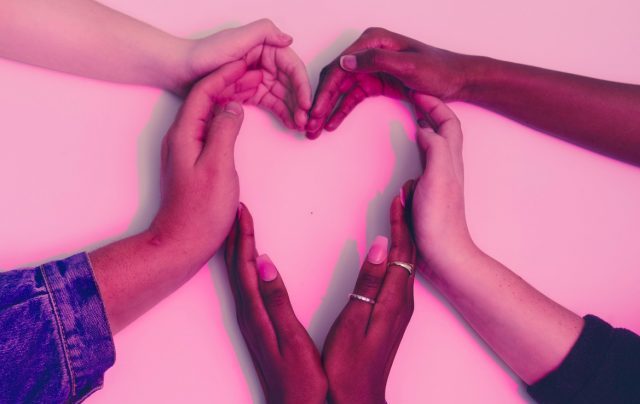
When you’re rushing from one place to another, supporting your friends and family, and trying to get everything done, it can be easy to let yourself fall by the wayside.
After all, how can you take time for yourself when you get off your shift at 11, your best friend just called crying because they broke up with their boyfriend, AND you have a history test tomorrow you haven’t studied for?
But here’s the thing: self-care is really important.
The phrase “self-care” may bring up images of bubble baths and pedicures, but it’s actually a lot more than that. Self-care refers to intentionally engaging in practices and activities that reduce stress. Audre Lorde, an activist and self-described “black, lesbian, mother, warrior, poet,” famously said: “Caring for myself is not self-indulgence, it is self-preservation, and that is an act of political warfare.”
Self-care can look really different for different people. To figure out what self-care means for you, think about what makes you feel good. Maybe it’s taking a long shower with good-smelling soaps. Maybe it’s going for a run or having a solo dance party. Maybe it’s calling up a good friend. What makes you feel cared for can change depending on how you’re feeling. Pay attention to what makes you feel nourished, and try to make time to do one of those things every day.
Self-care isn’t always fun.
It also includes the necessary and sometimes boring things you need to do to take care of your basic needs. It might not be relaxing to make doctor’s appointments, do your homework, and clean your room, but these are essential things you must do to care for yourself. When you’re stressed, it can be tempting to put off these tasks in favor of a more relaxing activity under the guise of self-care. But think about it like this: keeping up with your schoolwork and maintaining a comfortable living space is self-care for Future You. It’s certainly seductive to take that bubble bath today and let Future You deal with tomorrow’s fallout. But caring for yourself today prevents these tasks from piling up and frees up space for relaxing and restorative self-care activities in the future.
Self-care also includes everyday healthy habits like eating well, getting enough sleep, moving your body and practicing mindfulness. If you have a hard time convincing yourself to do these things, think of ways to make them fun (or at least easier for yourself). Maybe you’d rather play a sport than go to the gym, for example.
How do you know the difference between self-care and self-indulgence?
Only you can decide this for yourself. Sometimes, eating a whole box of cookies or spending two hours scrolling through Instagram feels really, really good. And, in moderation, cookies and social media can be a healthy part of a nourishing self-care ritual! But pay attention to when your self-care impulses veer into the self-destructive—this may be avoiding important tasks, spending a lot of money, or doing anything that feels really good now and really bad later. Self-care doesn’t always have to be productive, but it shouldn’t involve sacrificing your future health or happiness in favor of what feels good right now.
How can I practice self-care? I’m too busy!
Self-care often becomes most challenging when it is most needed. Practicing self-care is really important for helping you deal with stress. As one teen points out on our blog, scheduling your self-care can make it a lot easier, especially when you have a busy schedule.
It can take some time to figure out what kinds of self-care work best for you. Try here for an awesome text-game you can try when you’re feeling really, really bad and want to feel better.
If you’re having a hard time taking care of yourself—for any reason—and are 10-22 years old and living in NYC, you can make a free, confidential appointment at the Mount Sinai Adolescent Health Center with one of our medical or mental health providers. They can help you figure out strategies for taking care of your body and emotional health in a way that works for you!
The Mount Sinai Adolescent Health Center is located in New York City. It provides comprehensive, confidential, judgment free health care at no charge to over 10,000 young people every year. This column is not intended to provide medical advice, professional diagnosis, opinion, treatment or services to you or to any other individual, only general information for education purposes only.


